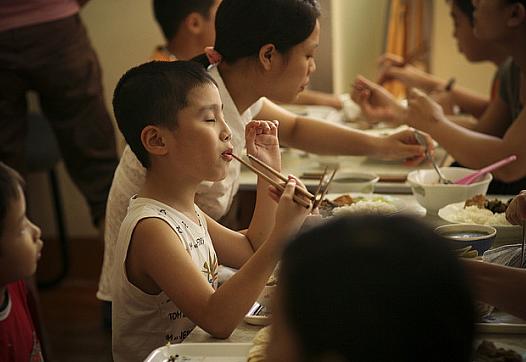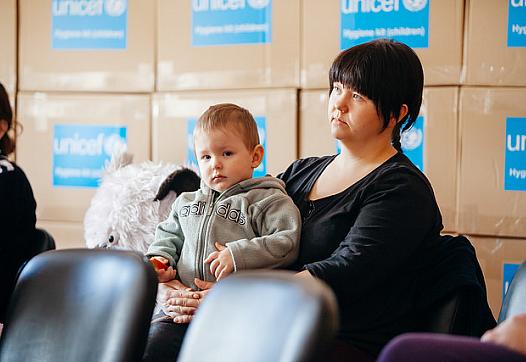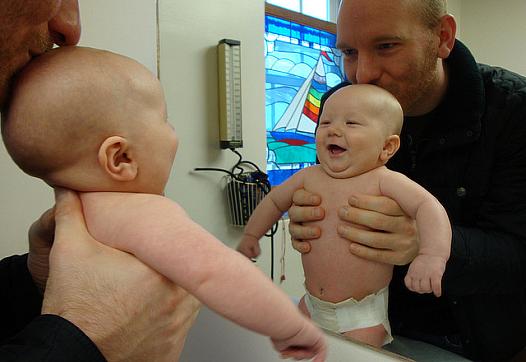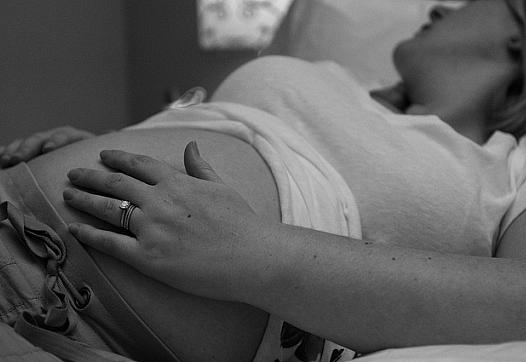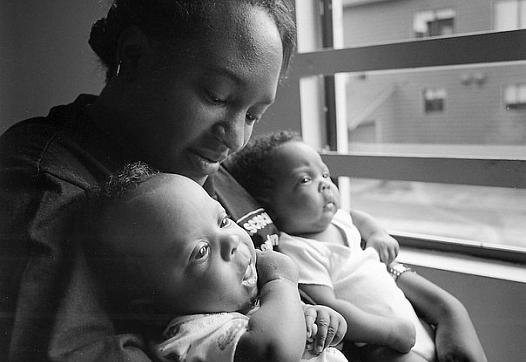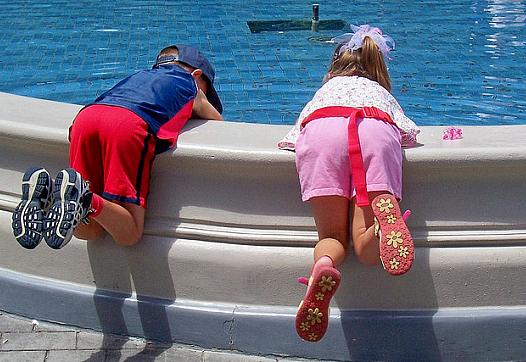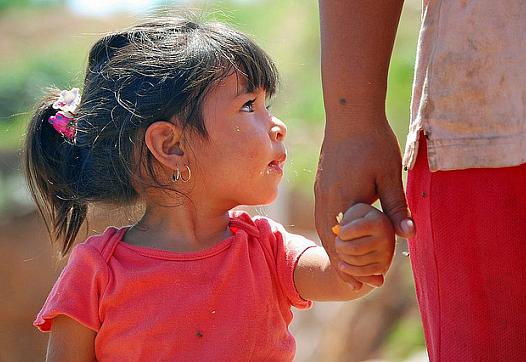
Last year, more than 50,000 unaccompanied minors from Central America crossed the Mexico-U.S. border looking for their parents or better opportunities. But the journey north can entail serious trauma and suffering. What are the long-term mental health issues such children face?
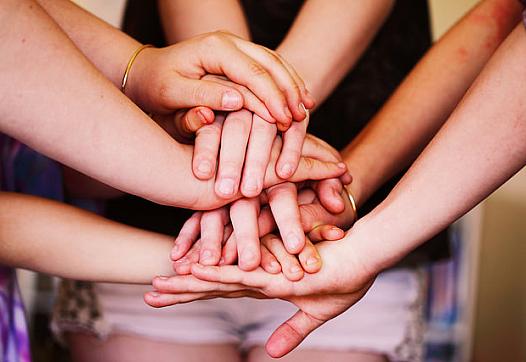
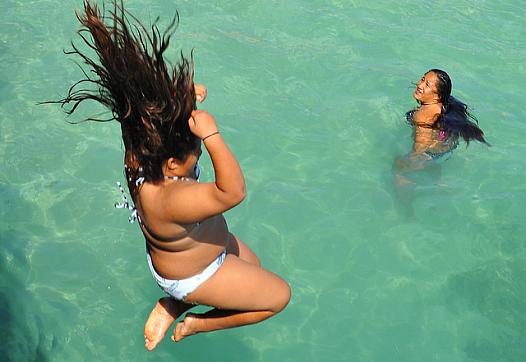
![[Photo by Robert Cohen/St. Louis Post-Dispatch]](jpg/st.louispostdispatch1ea6.jpg?itok=r85Q0J8F)
